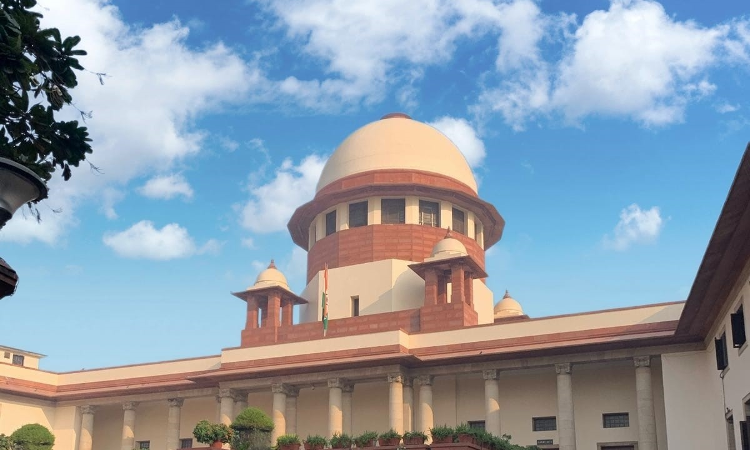While hearing a suit filed by the State of Meghalaya, seeking to sell their lottery outside their own state, the Supreme Court orally asked whether a state banning goods from another state was permissible in a federal structure. The context of the suit is that as per Section 5 of the Lotteries (Regulation) Act 1998, the Central Government authorised State Governments to prohibit the sale...

